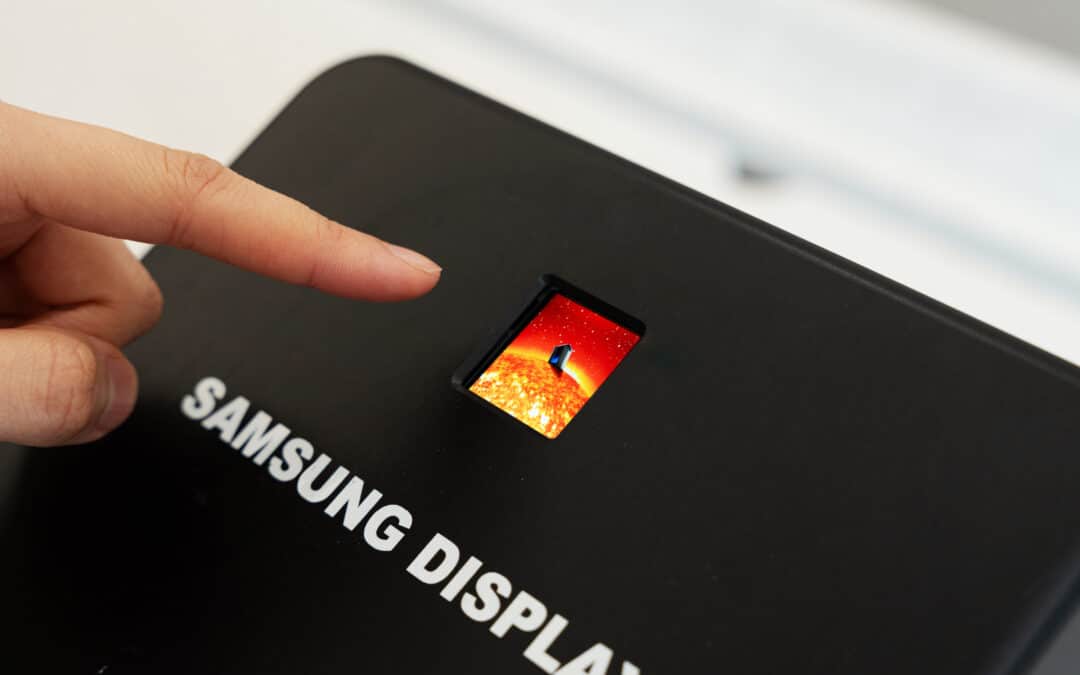Samsung has been trying hard to grow its semiconductor business. The company has adopted several new approaches, such as changes in its sales strategy, buying more advanced equipment, and utilizing Palantir’s AI tech to improve yields. It has now obtained a special government approval that allows its semiconductor researchers to work up to 64 hours a week, thus speeding up the development work.
Samsung gets government approval to extend semiconductor R&D work hours
With South Korea’s 52-hour statutory workweek policy, companies like Samsung cannot ask their employees to work more than 52 hours per week. Samsung found this policy a barrier to its ongoing efforts in the semiconductor segment. Thankfully, the Korean government now allows up to 64-hour workweeks for semiconductor researchers.
The Ministry of Employment and Labor’s Gyeonggi branch recently approved Samsung’s request to extend the workweek limit beyond 52 hours. “Samsung Electronics is the first company to receive government approval to extend working hours for its semiconductor research and development (R&D) staff under a new policy to boost the industry’s competitiveness,” an industry insider told the Korean outlet The Chosun Daily.
The new policy allows Samsung’s chip R&D employees to work up to 64 hours per week for the first three months. After that, employees can work up to 60 hours per week for another three months, which still exceeds the 52-hour statutory workweek policy. There is no information on whether employees will receive extra pay for working longer hours, but we hope they do.
Last year, a senior engineer from Samsung’s mobile application (AP) development team said they had to stop working and go home because of the 52-hour limit, even though a project deadline was closing. As a result, some employees worked extra hours unofficially, so those hours didn’t get recorded. Now, thanks to the new policy, Samsung can breathe a sigh of relief as its semiconductor employees can work more hours “legally”.
For now, Samsung is the first company to get the exemptions under the revised law. Other semiconductor firms are also preparing similar applications to benefit from the revised law. It will be interesting to see how this new law helps Samsung grow its semiconductor business.






